Discover our technology enablers powering digital transformation and sustainable business growth.
Discover our technology enablers powering digital transformation and sustainable business growth.

Java is one of the most widely used programming languages, especially in client-server web applications. It is a high-level, object-oriented and statically typed programming language that relies on the eponymous runtime software platform, specifically designed to be as independent as possible from the runtime hardware platform.

Scala is a programming language for the JVM (Java Virtual Machine) focused on functional programming and easily integrated with Java applications and libraries. The main characteristics of Scala are advanced static typing with type inference, function types, pattern matching, implicit parameters and conversions, operator overloading, concurrency constructs and full interoperability with Java.
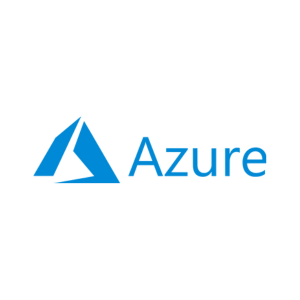
Azure is a cloud computing platform and service created by Microsoft for building, deploying and managing applications and services. Highly scalable, it provides various services such as virtual machines, storage and databases, as well as automatic scaling, load balancing and monitoring, services for analytics, AI, IoT and more.

Apache Spark is an open-source engine for distributed batch and streaming data processing, written in Scala and designed to handle large volumes of data. It supports multiple programming languages, including Java, Python, and R. One of its key features is in-memory processing, which makes it particularly efficient compared to disk-based systems, especially for workloads such as machine learning.

Delta Lake is an open-source framework providing a table storage layer that brings the best of data lakes and data warehouses, enabling building of the lakehouse architecture through ACID transactions, schema enforcement, and versioning, ensuring high-quality, consistent data for analytics and AI workloads. As the core of Databricks, it powers enterprise-grade data engineering, analytics, and machine learning, helping organizations make faster, more confident decisions.

Unity Catalog is a unified governance solution for data and AI, providing centralized access control, lineage tracking, and audit capabilities across data assets. It simplifies security and compliance with GDPR's accountability requirements and the AI Act's transparency mandates. As a core component of Databricks, it seamlessly integrates into the lakehouse architecture, enabling enterprises to manage and scale their data with confidence.
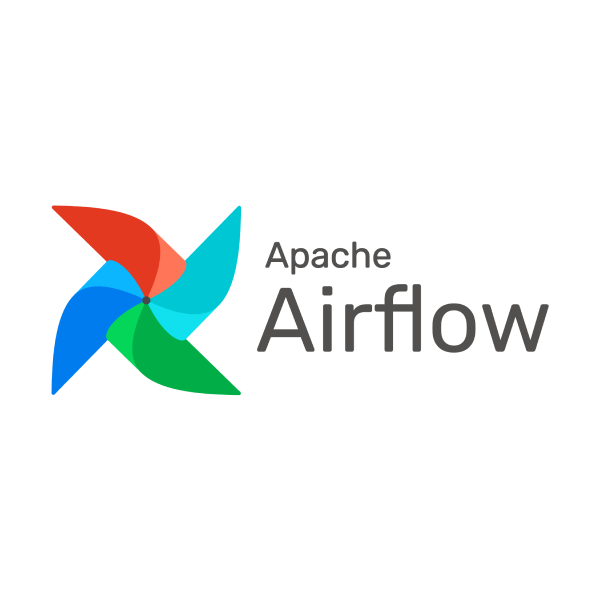
Apache Airflow is a powerful workflow orchestration tool that enables users to set up sequences of tasks, which are transformed into Directed Acyclic Graphs (DAGs). These DAGs are monitored through an intuitive interface, allowing users to easily visualize pipelines, track progress, and manage potential issues.

Python is a dynamic, interpreted programming language known for its clear and readable syntax. It is used in a wide range of applications, including web development, data science, machine learning, automation, scripting, and more. Python has an extensive standard library that contains reusable code for almost any task.

Jupyter is an open source project that allows you to create and share interactive text documents containing objects such as equations, graphs and executable source code. Jupyter has become a standard because it offers the ability to perform, document and share data analysis within a framework that supports data cleaning and transformation operations, and the execution of Python applications on big data platforms, thanks to integration with Apache Spark.

Keras is an open-source deep learning library written in Python that makes it easy to build and train neural networks. It is a high-level API that provides an intuitive and modular interface for working with complex deep learning models without having to interact directly with the underlying complexities of low-level frameworks such as TensorFlow or Theano. Keras is like a bridge that allows you to build deep learning models more easily and quickly, abstracted from the complexity of how these models are actually executed on powerful machines.

Elasticsearch is an open source search and analytics engine, distributed and based on Apache Lucene. It is designed to store, search and analyse large volumes of data, often in real time. It works by indexing data and making it quickly available for search via a RESTful API, allowing developers to interact with the search engine from any programming language or application.
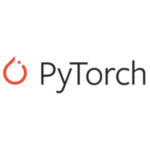
PyTorch is an open-source library developed by Meta, used for building and training deep learning models. It provides a flexible interface for defining neural architectures, as well as tools for training on various datasets. Its scalability and integration with hardware accelerators like GPUs and TPUs, make it suitable for both research and production.
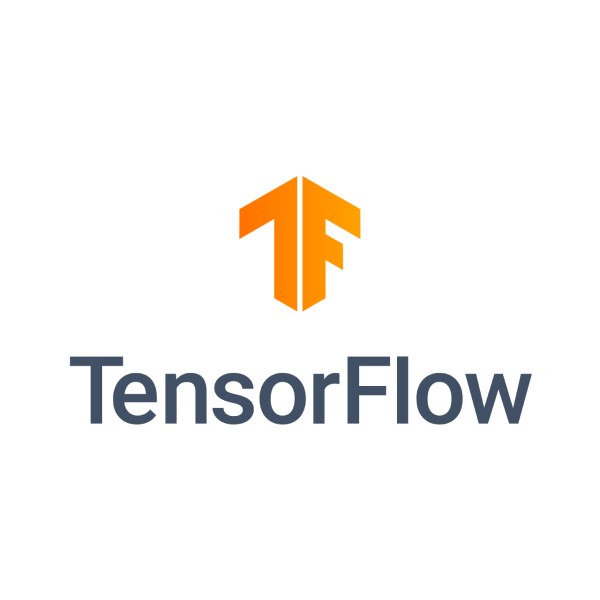
TensorFlow is a popular open-source library developed by Meta, specifically designed for machine learning. It allows users to create and deploy machine learning models by defining model architecture, specifying layers, activation functions, and optimizers. TensorFlow’s scalability makes it versatile for use across various infrastructures, making it ideal for both small-scale and large-scale machine learning projects.

Scikit-learn is a free, open-source Python library that simplifies machine learning and predictive data analysis. It offers a broad range of algorithms for supervised tasks, such as classification and regression, and unsupervised tasks like clustering and dimensionality reduction, making it versatile for many applications. Its consistent, user-friendly API and comprehensive documentation make it accessible for beginners while remaining powerful for experienced users.

LangChain is an open-source framework designed to simplify the development of applications using large language models (LLMs). It provides tools for integrating LLMs with external data sources, memory, and chains of reasoning to create more context-aware and dynamic AI applications. With built-in support for retrieval-augmented generation (RAG), prompt management, and API integrations, LangChain is widely used for building chatbots, autonomous agents, and AI-powered applications that require reasoning, personalization, and long-term memory.

LangGraph is a Python framework for building stateful, multi-step AI applications using graph-based workflows. It extends LangChain by enabling developers to define complex execution flows with nodes and edges, allowing for loops, branching, and parallel processing. This makes it ideal for applications requiring structured reasoning, multi-agent collaboration, or dynamic task execution while maintaining efficiency and flexibility.

MLflow is an open-source platform designed to streamline the complexities of managing machine learning models. MLflow manages the entire machine learning lifecycle, ensuring every stage is trackable, manageable, and reproducible. This makes it an essential tool for teams focusing on MLOps and model deployment.

Seldon Core converts your ML models (Tensorflow, Pytorch, H2o, etc.) or language wrappers (Python, Java, etc.) into production REST/GRPC microservices. Seldon handles scaling to thousands of production machine learning models and provides advanced machine learning capabilities out of the box including Advanced Metrics, Request Logging, Explainers, Outlier Detectors, A/B Tests, Canaries and more.

LangSmith is a debugging, testing, and monitoring platform for AI applications built with LangChain. It helps developers track, evaluate, and optimize their language model interactions by providing detailed logging, performance analytics, and error detection. With features like trace visualization, dataset management, and experiment tracking, LangSmith streamlines the development of reliable and efficient LLM-powered applications.

LightLLM is a lightweight and efficient implementation to deploy large language models designed for optimized inference. It focuses on reducing memory consumption and improving speed, making it ideal for deployment in resource-constrained environments. The framework supports various model architectures and provides easy-to-use APIs for integration. Its modular design allows customization and fine-tuning for specific use cases.

React is an open-source JavaScript library designed for building dynamic and responsive user interfaces. It operates on the principle of reusable components, allowing developers to modularly build and manage the UI of applications. React enables the creation of interactive web applications that update data in real-time without reloading the entire page, resulting in a smooth user experience. Its ability to reflect code changes in real-time makes web development faster and more efficient.

Vue.js is an open-source, progressive JavaScript framework used to develop user interfaces. Unlike monolithic frameworks, Vue is incrementally adoptable and primarily focused on front-end development. It emphasizes the ViewModel layer within the MVVM architecture, providing features to extend HTML, create reusable components and templates, and design reactive, mobile-optimized UIs through a simple and flexible API.

Flutter is a comprehensive UI development toolkit that enables the creation of mobile, web, and desktop applications using the Dart language. Developed by Google, Flutter is open-source and free, supporting Linux, macOS, and Windows. It includes tools like a 2D rendering engine, customizable UI frameworks, built-in widgets, and CLI/IDE tools, making it an excellent choice for developing high-quality, cross-platform applications.

Angular is a cross-platform, open-source JavaScript framework and the successor to AngularJS. It is a complete rewrite of the original framework, emphasizing speed, performance, and mobile optimization. It also includes Angular CLI, a command-line interface that simplifies managing tools, components, and additional integrations, making development more efficient and flexible.

Swift is an open-source programming language developed by Apple, designed for building applications on iOS, macOS, watchOS, and tvOS. It is also compatible with Linux. Inspired by Objective-C, Swift maintains high interoperability with it and is engineered to enhance app security and reduce errors. With its concise and expressive syntax, Swift is ideal for developing high-performance applications.

Kotlin is a statically typed, open-source programming language that is fully interoperable with Java and Android. It runs on the JVM and can be compiled to JavaScript, making it ideal for server-side applications and cross-platform mobile development. Supported by a large and active community, Kotlin excels in code sharing between platforms, offering a versatile and efficient development experience.

Android is an open-source mobile operating system developed by Google, based on the Linux kernel. It is highly customizable, allowing for diverse graphical interfaces across devices, while still maintaining the same core OS. Developers use the Android SDK and typically write applications in Kotlin, which run on a mobile-optimized Java Virtual Machine (JVM). Android's flexibility makes it one of the most widely used platforms globally.
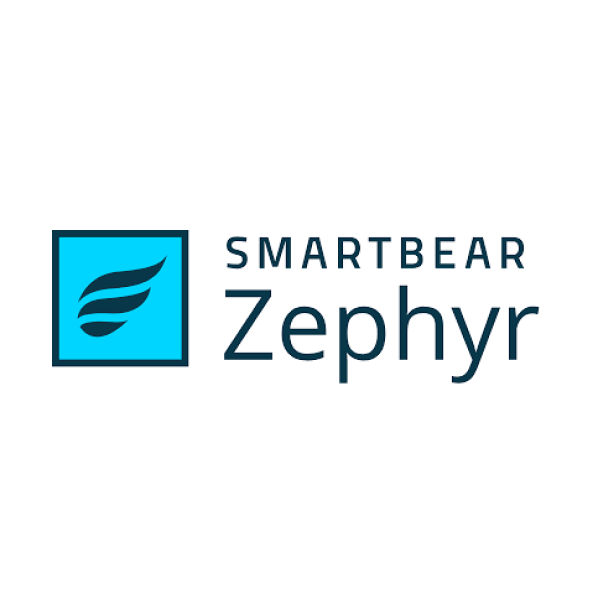
Zephyr is a real-time operating system designed specifically for connected, resource-constrained embedded devices (with a focus on microcontrollers) that supports various architectures. Zephyr includes a kernel and all the components and libraries, device drivers, protocol stacks, file systems and firmware updates needed to develop a complete application software.
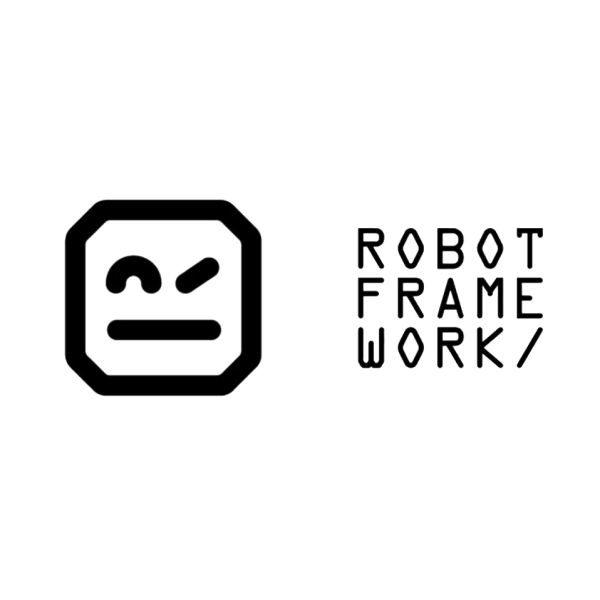
Robot Framework is an open source framework for test automation and Robotic Process Automation (RPA), supported by the Robot Framework Foundation and widely used in the industry. Its intuitive and versatile keyword-based syntax can be extended via libraries in Python, Java and other languages. It easily integrates with other tools to provide complete automation without licence fees, thanks to the support of a large community and hundreds of third-party libraries.